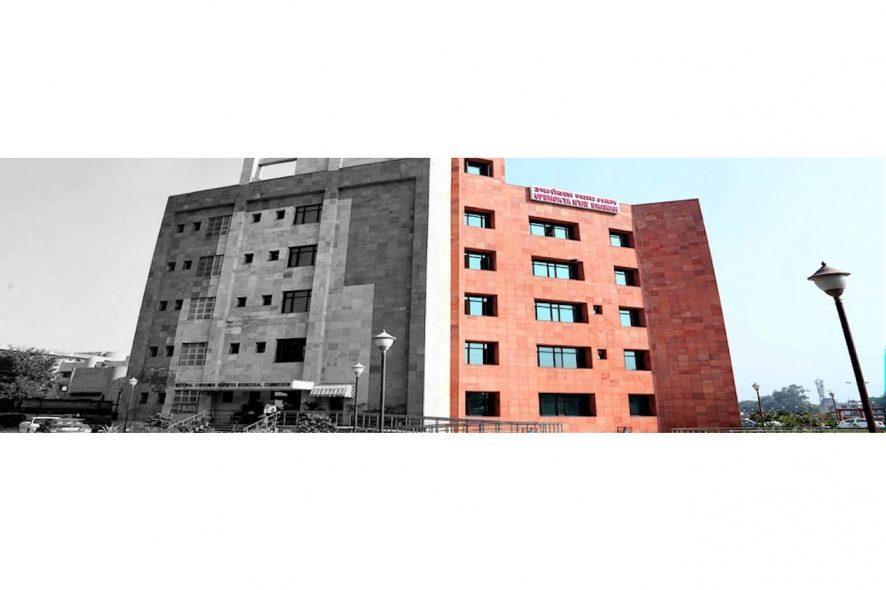National Consumer Disputes Redressal Commission (NCDRC): In an appeal against an order passed by the State Commission West Bengal, the National Consumer Disputes Redressal Commission (“the Commission”) considered whether the period of limitation commences from the date of knowledge of the order or from the date of receipt of the free certified copy of the order appealed against.
The State Commission had rejected the petitioner’s appeal on grounds of limitation. The district forum’s order, which rejected the petitioner’s claim due to the expiry of limitation period, was passed on August 8, 2017, but the petitioner applied for a certified copy only on November 4, 2017, and appealed to the State Commission 115 days after the date of limitation for such appeal. The State Commission was not satisfied with the petitioner’s explanations for delays at every step and dismissed the petition.
The petitioner argued that the delay in filing for the appeal was an unintentional as the District forum had violated Rule 5(10) of the West Bengal Consumer Protection Rules, 1987 which reads:
“Orders of the District Forum shall be signed and dated by the members of the District Forum and shall be communicated to the parties free of charge.”
The District Forum failed to provide the petitioner with a certified copy of the order free of cost, and further owing to financial difficulties arising as a result of demonetization, there was a delay in filing for the certified copy.
The Commission referred to the Supreme Court’s judgment in Housing Board Haryana v. Housing Board Colony Welfare Association, (1995) 5 SCC 672), where it was held:
“The date of pronouncement of the order in the open Court by itself cannot be the starting point of determining the period of limitation under Section 15 of the Act. It has also to be shown that the order of the District Forum so pronounced was duly signed and dated by the members of the District Forum constituting the Bench and the same was communicated to the parties free of the charge.
[M]ere pronouncement of an order in the open Court will not be enough but under the scheme of the Rules a copy of the said order has also to be communicated to the parties affected by the aid order so that the party adversely affected therefrom may have a fair and reasonable opportunity of knowing that text, reasons and contents thereof so as to formulate grounds of attack before the appellant or higher forums. In the absence of such communication of signed and dated order, the party adversely affected by it will have no means of knowing the contents of the order so as to challenge the same and get it set aside by the appellate authority or the higher Forums.”
Hence the Commission reaffirmed the duty of District Fora to supply certified copies free of cost to the parties in interest of consumers. The revision petition was allowed and the State Commission was directed to decide the matter as per law. [Rita Kesh v. Biswanath Singha,2018 SCC OnLine NCDRC 120, decided on 07-05-2018]







In fact, it can be calculated from the date of receipt of notice for execution sent along with copy of order of respective case. So that complainant can file execution after 30 days and unwarranted delay in execution can be curtailed.